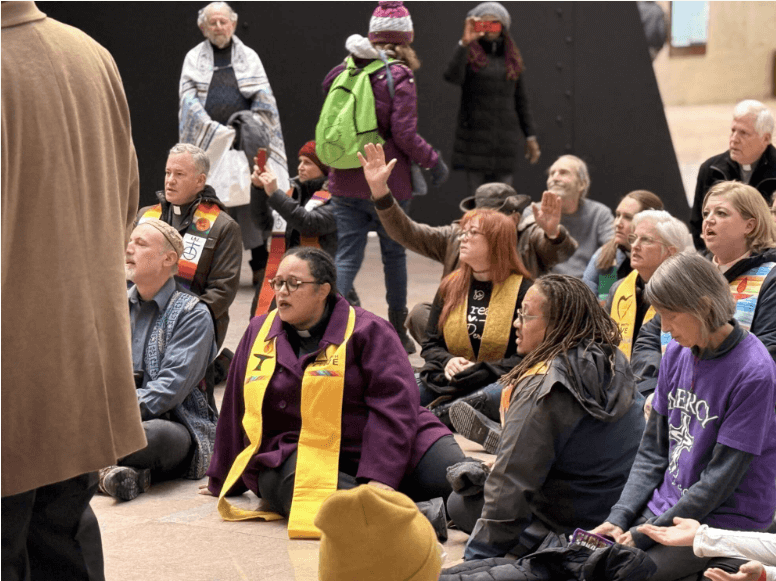After completing my first month at Starr King School for the Ministry, I can happily report that I love what I’m learning. One of my classes is Unitarian Universalist History. The teacher is an expert in the topic. She not only teaches our U.S. History but she includes the history of Unitarian Universalism in other places in the world which is an excellent reminder that our faith extends beyond the United States. I recommend the following easy-to-read books from Skinner House Books. They give us an important context to understand our faith community today.
The Premise and the Promise, by Warren R Ross, is the history of our Unitarian Universalist merger from 1961 until about the year 2000. As a youth in our faith in the 1970’s, I had been told stories about what happened in the 60’s in our movement, but this book made clearer what happened from the activism of UUs in the Civil Rights era to losing many Black UU’s in a famous General Assembly after financial promises weren’t met. It’s a pivotal point in our history and gives insight into how our current reality, our struggle with diversity, was impacted by those earlier choices.
The second book is titled, Elite, by Mark W Harris. This book takes us back over a hundred years and explains some of our recent history, including the classism of the Unitarians in the United States. The political involvement of Unitarians was powerful and drove much of the public policy. The shocker was finding out about our past history with eugenics. Unitarians believed then, as many do now, that the world could not sustain uncontrolled population growth. So their answer was to support sterilizing people deemed unfit. This had to do class systems as opposed to race. This was a challenging read and I found myself reading our history with a lump in my throat.
I encourage our community to consider our history and reflect where we are now as a community and as a faith tradition. Recently as a Worship Associate I asked all of you to reimagine church. Part of imagining our growth with new congregants participating in our community is to know our history, its impacts, and where do we want to go from here? It is one thing to believe in our values and principles but knowing our history gives answers to how we claimed those values and principles. It can also ask us to consider if something needs to change? Do we need to add something? Is there more to consider now? I would say, “yes.”
By Amy Brunell





